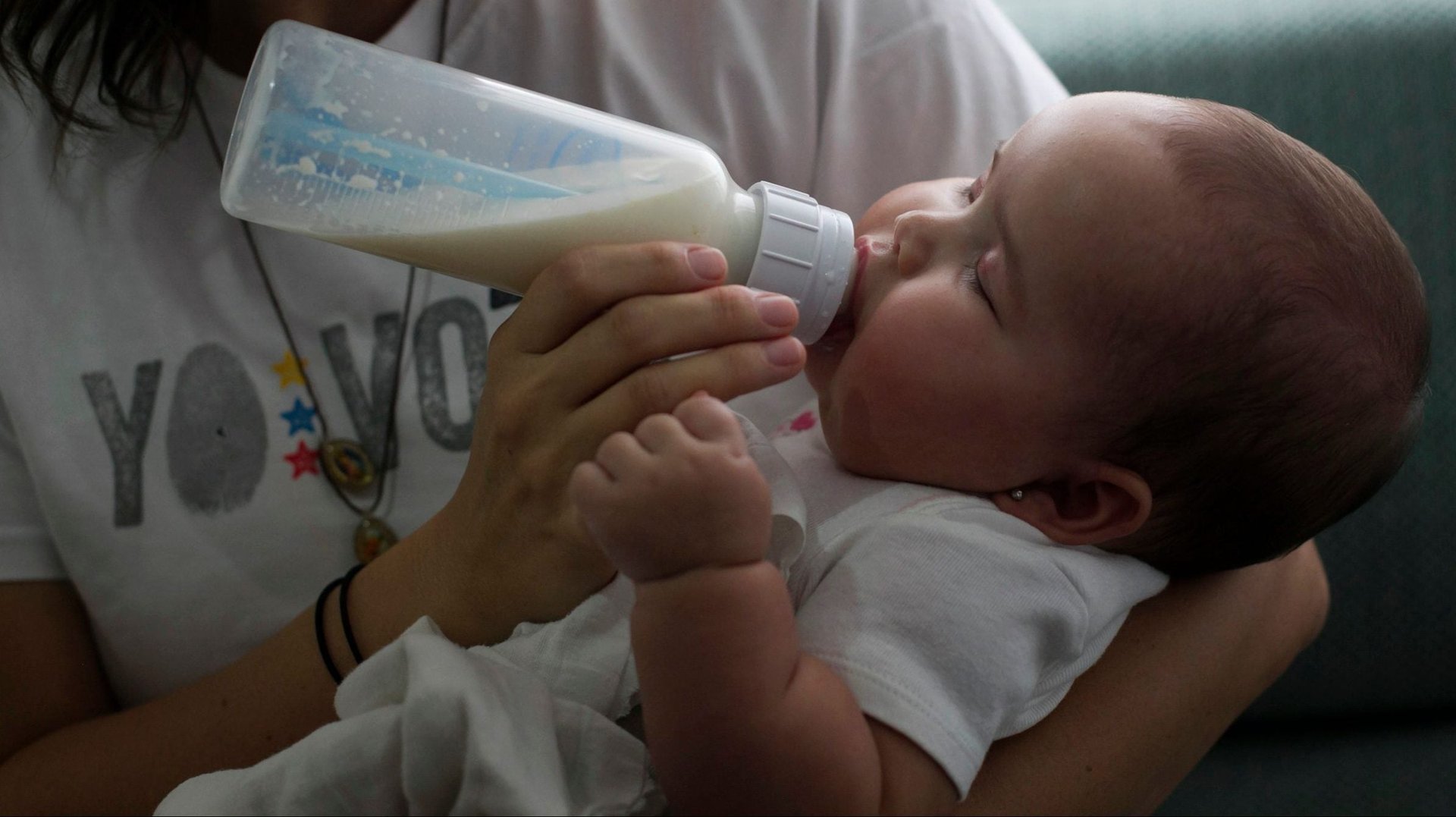The British Medical Journal is the latest group to drop the baby formula industry
On Monday (March 18), the British Medical Journal (BMJ) announced it would no longer publish advertisements from baby formula companies. The decision, which came as the result of several months of internal debate, will cost The BMJ an estimated £300,000 ($396,645) in 2020 and is part of a growing backlash against “Big Formula”—an industry worth $70 billion that produces and markets breast milk substitutes.


On Monday (March 18), the British Medical Journal (BMJ) announced it would no longer publish advertisements from baby formula companies. The decision, which came as the result of several months of internal debate, will cost The BMJ an estimated £300,000 ($396,645) in 2020 and is part of a growing backlash against “Big Formula”—an industry worth $70 billion that produces and markets breast milk substitutes.
It’s an important move for one of the oldest and best-known peer-reviewed medical journals in the world, one that comes on the heels of a similar decision by the UK’s Royal College of Pediatrics and Child Health (RCPCH) to stop accepting financial contributions from the baby formula industry. And it’s especially significant in the UK, which has one of the lowest rates of breastfeeding in the world.
In 2018, the United Nations Children’s Investment Fund (UNICEF) published a global report on breastfeeding and found that, at 81%, the UK has one of the lowest proportions (pdf) of babies who were ever breastfed of a selected group of high-income nations. And drop-off rates in the country are high, so that by “six months, 34% of new mothers in Britain are still nursing at least some of the time, compared with 49% in the United States,” according to The Washington Post (paywall).
Studies have shown that breast milk helps protect babies from infections, supports their healthy physical and brain development, and can be good for mothers’ mental health and physical recovery after birth. That’s why most major medical bodies recommend that moms exclusively breastfeed their babies for the first six months of life and breastfeed up to age two. But in many countries in the world, only a small percentage of women have the time, resources, or ability to do this. So, they supplement babies’ diets with formula, produced by large companies like Nestlé, Danone, RB, Abbott, FrieslandCampina and Kraft Heinz. That’s important because, as Annalisa Merelli writes in Quartz, “When breastfeeding mothers feed their babies exclusively with formula, they quickly stop producing breast milk, making it impossible to revert back.”
Experts say the problem with formula companies is that they bend existing rules regulating the promotion of breast milk substitutes—with few consequences—and that they push the idea that breast milk is equivalent to formula. According to Save the Children (pdf), a children’s rights nonprofit, six companies have engineered “the perception that the latter is simply an artificial replica of the former.” But formula does not have the same properties as breast milk. And in places where water is unclean and formula quality poorly regulated or so expensive that people water it down, it can even be dangerous.
The BMJ echoed this concern in its statement announcing it had cut ties with the industry: “BMJ has recently been reminded of the substantial harms caused by promotion of breastmilk substitutes and the biases introduced into research and clinical practice by industry influence,” it writes. “After decades of advertising breast milk substitutes to readers of The BMJ, we have decided it is time to stop.”
Read more from our series on Rewiring Childhood. This reporting is part of a series supported by a grant from the Bernard van Leer Foundation. The author’s views are not necessarily those of the Bernard van Leer Foundation.